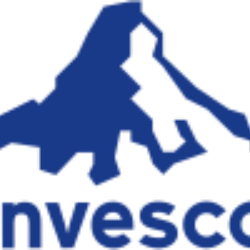
FMP

Invesco Trust for Investment Grade Municipals
VGM
NYSE
Invesco Trust for Investment Grade Municipals is a closed-ended fixed income mutual fund launched by Invesco Ltd. The fund is co-managed by Invesco Advisers, Inc., INVESCO Asset Management (Japan) Limited, INVESCO Asset Management Deutschland GmbH, INVESCO Asset Management Limited, Invesco Canada Ltd., Invesco Hong Kong Limited, and INVESCO Senior Secured Management, Inc. It invests in the fixed income markets of the United States. The fund primarily invests in investment grade municipal securities which include municipal bonds, municipal notes, municipal commercial paper, and lease obligations. It employs fundamental analysis with bottom-up security selection approach to create its portfolio. The fund was formerly known as Invesco Van Kampen Trust for Investment Grade Municipals. Invesco Trust for Investment Grade Municipals was formed on January 24, 1992 and is domiciled in the United States.
9.98 USD
0.16 (1.6%)
DuPont Analysis
The DuPont analysis, pioneered by the DuPont Corporation, offers a structured approach to assessing fundamental performance. It involves breaking down the return on equity (ROE) into various components, aiding investors in comprehending the factors influencing a company's returns.
ROE = Net Income / Average Total Equity
ROE = (Net Income / Sales) * (Revenue / Average Total Assets) * (Average Total Assets / Average Total Equity)
The company's tax burden is (Net income ÷ Pretax profit). This is the proportion of the company's profits retained after paying income taxes. [NI/EBT] The company's interest burden is (Pretax income ÷ EBIT). This will be 1.00 for a firm with no debt or financial leverage. [EBT/EBIT] The company's operating income margin or return on sales (ROS) is (EBIT ÷ Revenue). This is the operating income per dollar of sales. [EBIT/Revenue] The company's asset turnover (ATO) is (Revenue ÷ Average Total Assets). The company's equity multiplier is (Average Total Assets ÷ Average Total Equity). This is a measure of financial leverage. Profitability (measured by profit margin) Asset efficiency (measured by asset turnover) Financial leverage (measured by equity multiplier)